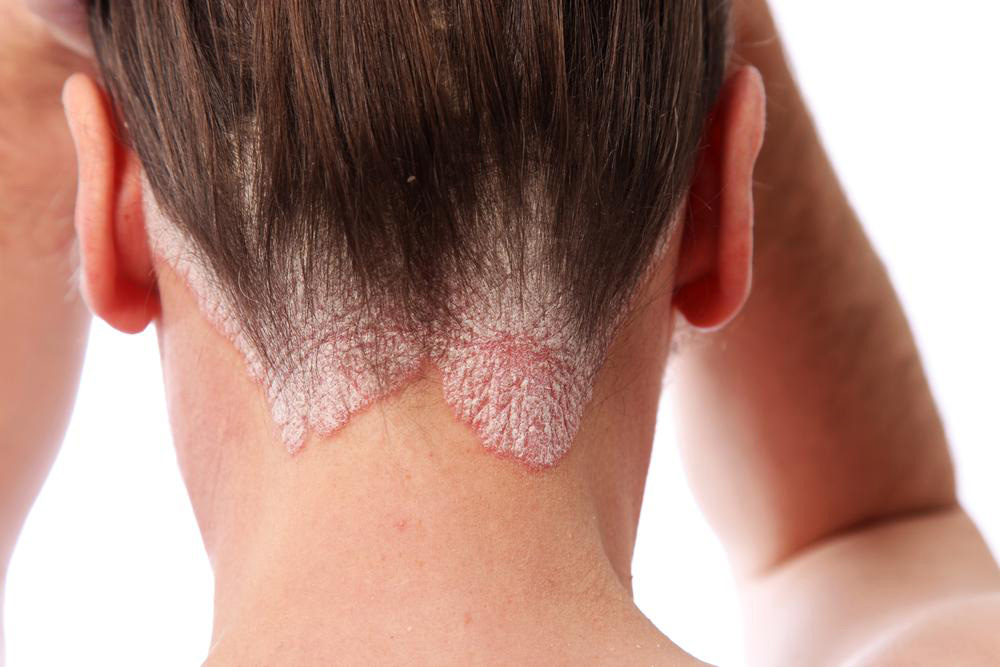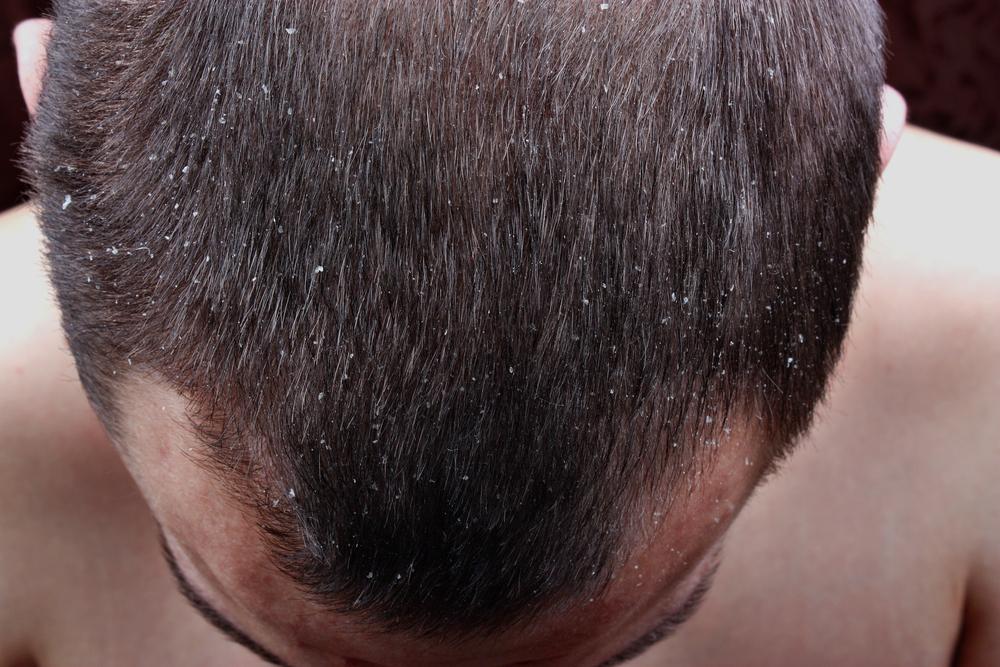Comprehensive Guide to Scalp Psoriasis: Recognizing Symptoms, Causes, and Treatment Strategies
This comprehensive guide explores scalp psoriasis, highlighting its symptoms, causes, and effective treatment options. Learn how to identify flare-ups early and manage symptoms with dermatologist-approved therapies like medicated shampoos and lifestyle changes. Understanding triggers and maintaining proper scalp care are essential for controlling this chronic condition and improving quality of life.

Scalp psoriasis is a common chronic skin disorder that predominantly affects the scalp, leading to the formation of distinctive red, scaly patches that can cause discomfort and impact quality of life. This condition, which is hereditary in many cases, is characterized by patches of skin covered with silvery scales and inflammation. Although it is not contagious, scalp psoriasis can extend beyond the scalp, sometimes affecting areas such as the forehead, behind the ears, the neck, and even the hairline. Its symptoms can vary in severity, from mild irritation to intense flare-ups that may involve itching, burning, and hair thinning. Understanding the underlying causes, signs, and available treatments is crucial for effective management and relief.
Scalp psoriasis is primarily linked to immune system dysregulation, which causes an accelerated proliferation of skin cells on the scalp. Normally, skin cells turn over every 28 to 30 days, but in individuals with psoriasis, this process speeds up to just a few days, leading to the buildup of dead skin that presents as flaky, scaly patches. While the exact trigger mechanisms are not fully understood, several factors are known to contribute to flare-ups. These include genetic predisposition, environmental factors, stress, skin injuries, infections, certain medications, and lifestyle habits. Recognizing these factors can help patients avoid or minimize flare-ups.
Symptoms of scalp psoriasis can manifest in various ways, but some common indicators include persistent flakes resembling dandruff, redness, inflamed patches, and severe itching. In more severe cases, individuals may experience discomfort, burning sensations, and hair loss due to the inflammation and scratching. While hair loss associated with psoriasis is usually temporary, persistent scratching can cause hair to thin or fall out, complicating the condition further. It is important to differentiate scalp psoriasis from other scalp conditions like seborrheic dermatitis or dandruff, although they may appear similar. Proper diagnosis by a dermatologist is essential for effective treatment planning.
Effective management of scalp psoriasis involves a combination of topical treatments, lifestyle modifications, and, in some cases, systemic therapies. Topical treatments are the first line of defense and include medicated shampoos, corticosteroid creams, vitamin D analogs, and coal tar preparations. Medicinal shampoos containing coal tar are particularly renowned for their effectiveness in reducing scaling and inflammation. These shampoos work by slowing down excessive skin cell turnover and soothing the scalp. Regular use of medicated shampoos, as advised by a healthcare professional, is vital for controlling symptoms and preventing flare-ups.
In addition to shampoos, other topical agents such as corticosteroid solutions and vitamin D analogs can help reduce inflammation and normalize skin growth. For more severe cases, dermatologists might recommend phototherapy or systemic medications to control symptoms. Lifestyle habits also play a significant role in managing scalp psoriasis; for example, avoiding triggers such as stress, skin injuries, and harsh hair products can help maintain remission. Maintaining a healthy scalp hygiene routine, adopting a balanced diet, and reducing stress levels can significantly contribute to better outcomes.
Integrating professional guidance into the treatment plan is crucial. Regular follow-ups with a dermatologist ensure that the chosen therapies remain effective and can be adjusted as needed. Patients should adhere to prescribed medication schedules and avoid self-medicating, which could exacerbate the condition or cause adverse reactions. Moreover, protecting the scalp from harsh weather conditions, using gentle hair care products, and avoiding excessive scratching can prevent worsening symptoms and promote healing.
While scalp psoriasis is a chronic condition with no known cure, many individuals find significant relief through personalized treatment strategies and lifestyle modifications. Innovations in skincare and dermatology continue to improve the quality of life for affected individuals. The key to effective management lies in early diagnosis, consistent treatment, and understanding personal triggers. With the right approach, managing scalp psoriasis becomes more manageable, allowing individuals to maintain a healthy, comfortable scalp and enjoy a fuller head of hair.





